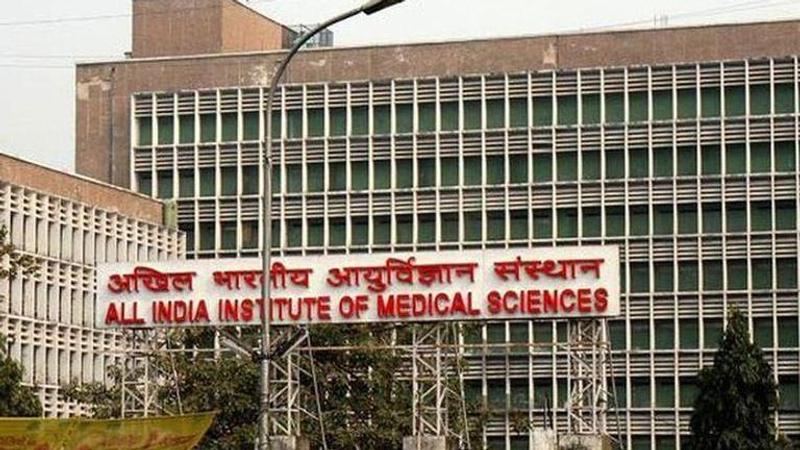Published 06:00 IST, May 22nd 2020
AIIMS doctors planning to study how long coronavirus can survive in dead bodies
AIIMS doctors are contemplating autopsy of a COVID-19 victim to study how long the coronavirus can survive in a dead body and if it can transmit the infection, the Delhi hospital's forensic chief said on Thursday.

AIIMS doctors are contemplating autopsy of a COVID-19 victim to study how long the coronavirus can survive in a dead body and if it can transmit the infection, the Delhi hospital's forensic chief said on Thursday. The study will also help ascertain how the virus affects the organs, Dr Sudhir Gupta said. An informed consent will be obtained from the legal heirs of the deceased for it, he said adding that many more departments like pathology and microbiology would be involved in the study.
"It is going to be a first-of-its-kind exercise and thus has to be planned meticulously. It will help us understand how the virus behaves in the body and the way it affects the organs. Also, it will help us assess how long the novel coronavirus can survive in a dead body," Dr Gupta explained.
On Tuesday, the apex health research body ICMR said COVID-19 is a respiratory infection and mainly spread through aerosols. As per the available scientific literature till now, the survival of virus gradually decreases with time in a dead body but there is no specific time limit to declare the body non-infective. So, it is advisable to adopt precautions and non-invasive autopsy technique, it stated. Non-invasive autopsy technique as described in ICMR guidelines should be used, if at all required, to prevent the risk of spreading the infection to mortuary staff, police personnel and contamination of mortuary surfaces.
"If autopsy surgeon feels that he will not be able to conclude cause of death or any other related issue without dissection, then he can proceed with minimal invasive/limited internal dissection.
"However, the dissection has to be performed keeping in mind that the conduction of autopsy is a high risk procedure which is potentially as hazardous as any other procedure performed on the body of a COVID-19 patient," the guidelines said.
The Indian Council of Medical Research said limited studies have been conducted on postmortem samples of patients who died due to COVID-19. Most of the pathological studies are in consensus with the clinical features and clinical course of the disease in general. But the disease also gives pathological damages to organs like heart, liver, kidney, brain, blood vessels and other organs, it said.
Updated 06:00 IST, May 22nd 2020




